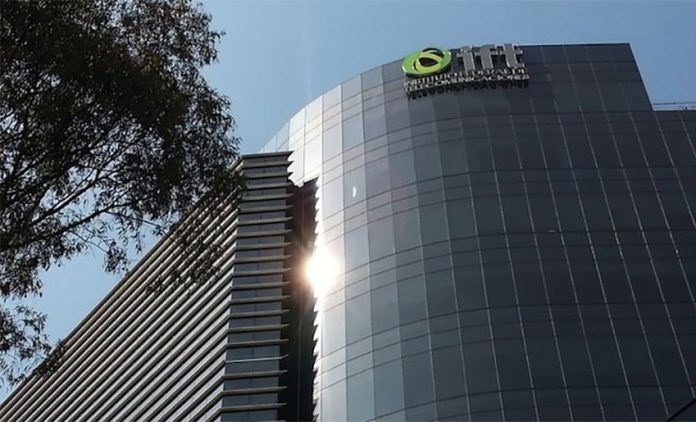Former transparency watchdog officials, business groups and others have slammed President López Obrador’s plan to incorporate autonomous agencies into ministries and other federal departments, warning that the move would eliminate important counterweights to government power and represent a backward step for democracy.
AMLO, as the president is commonly known, said Thursday that his government intends to absorb autonomous organizations such as the National Institute for Transparency and Access to Information (Inai) and the Federal Telecommunications Institute (IFT) into federal ministries and departments. The aim of the plan is to save money and eliminate the duplication of responsibilities, he asserted.
But critics say it is an attempt by López Obrador to further concentrate power in the executive.
Former INAI commissioners Jacqueline Peschard and María Marván said that autonomous organizations were created in the first place to avoid “hyper-presidentialism,” or unchecked power in the hands of the sitting president.
AMLO’s plan would be a setback for democracy as it would further concentrate power in the executive, they told the newspaper Reforma.
The plan is an attack on the checks and balances of the Mexican political system, said Peschard. “It has very serious implications for democratic development, it implies a concentration of power.”
She emphasized that the role of regulators – which are among the autonomous bodies that could be affected by AMLO’s plan – is to stop officials from committing acts of corruption and engaging in conflicts of interest. But if they are placed under the control of government departments, their capacity to effectively oversee officials will be hamstrung.
“The president is popular and has social support but he’s not eternal and he’s seeking to eliminate institutions that have taken us 30 years [to build], it’s … not right,” Peschard said.
Xóchitl Gálvez, a senator with the National Action Party, said that it is clear that López Obrador wants to get rid of counterweights to his power. If he had his way, he’d eliminate all three powers of government and become “viceroy” of Mexico, she said.
Juan Pablo Guerrero, who served as a commissioner at the Inai’s predecessor, the Federal Institute for Access to Information, said that AMLO’s plan is akin to an attack on the Mexican people and their right to access government information.
“It’s as simple as that,” he said, pointing out the hypocrisy of the plan given that the president characterizes himself as a man of the people.

The Business Coordinating Council (CCE), an influential umbrella organization representing 12 business groups, said in a statement that the plan to “weaken or eliminate” autonomous agencies generates uncertainty. It also said that “the concentration of power and the elimination of controls and technical knowledge” would “never contribute to achieving positive results in … the areas currently regulated in an autonomous way.”
For its part, the Mexico branch of the International Chamber of Commerce (ICC) said that incorporating autonomous agencies into federal ministries is equivalent to turning them into political bodies.
“They would lose their raison d’etre, which is to take technical decisions,” it said.
ICC México added that it would be a backward step in terms of regulation, evaluation and control in areas such as telecommunications, broadcasting, economic competition and transparency.
It asserted that the IFT and the Federal Economic Competition Commission have had a positive impact on competition in Mexico, citing lower prices for telecommunications services and increased competition among internet service providers.
ICC México also noted that officials at Mexico’s numerous autonomous bodies are highly knowledgable and experienced people whose appointments were approved by lawmakers. They take joint decisions to avoid the possibility of one individual representative being improperly influenced, it said. If autonomous bodies lose their independence by being incorporated into federal ministries, the attributes that have made them well regarded would be lost, the organization said.
Among other critics of AMLO’s plan were Eduardo Bohórquez of Transparencia Mexicana, an anti-corruption advocacy group, and Lourdes Morales Canales, director of Red por la Rendición de Cuentas (RRC), an organization that advocates for government accountability.
Bohórquez said he was in favor of austerity but not the concentration of power. He said that AMLO’s plan – the president said Thursday that legal reforms for the incorporation of autonomous bodies into ministries would be drawn up and submitted to Congress – should be reviewed carefully to determine the extent to which it is about saving money and increasing efficiency and the extent to which its objective is to concentrate power in the executive.
Morales said the disbandment of Inai would represent a setback for democracy, noting that the fight for people’s right to access information began 30 years ago.
The RRC director emphasized that Inai is a “politically uncomfortable” organization for those in power, insinuating that López Obrador wants to get rid of it to prevent it from releasing information that could harm him and/or his government.
Source: Reforma (sp), El Universal (sp)
